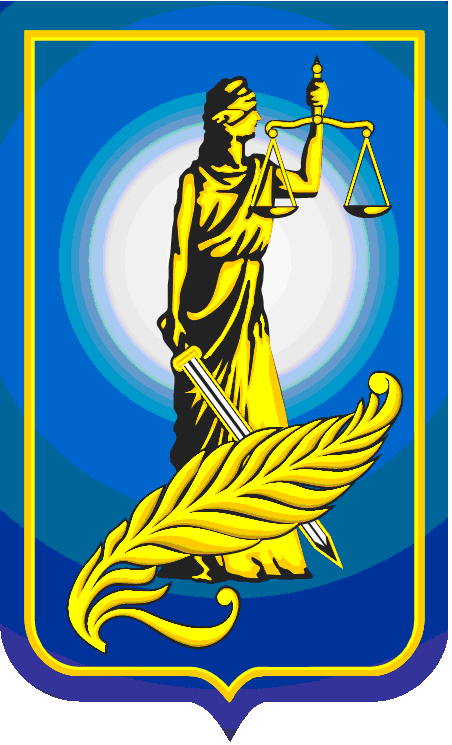The Voting Rights Act was signed into law by U.S. President Lyndon B. Johnson on 6 August 1965. This marked the beginning of a new era in the United States.
L.B. Johnson repealed discriminatory voting policies that were primarily adopted in the southern states to prevent African-Americans from voting in elections.
Many of such practices appeared after the end of the American Civil War in 1865. They included literacy tests and poll taxes. They did not allow black citizens to exercise their right to vote, which was guaranteed by the 15th Amendment to the US Constitution.
The Voting Rights Act of 1965 was passed in the wake of the Civil Rights Act of 1964 that prohibited discrimination based on race, color, religion, gender or national origin. It helped solidify the results of American civil rights activists’ efforts.
Factors that influenced L.B. Johnson’s decision
The member of the Democratic party (which had previously opposed the expansion of civil and political rights for African-Americans) and the Southerner from Texas, L.B. Johnson nevertheless was aware of barriers to the black Southerners’ political participation. They existed even when he signed the Civil Rights Act in early June 1964.
A series of events were organized to register black voters. However, they met with fierce resistance.
In response to these events, Martin Luther King, Jr. and other civic activists planned three protest marches, today known as the “Selma to Montgomery marches” or the “Selma campaign”. They were supposed to follow the 54-mile (87-kilometer) highway that lead from Selma, Alabama, to the state capital of Montgomery.
On Sunday, 7 March, Hosea Williams of the Southern Christian Leadership Conference (SCLC) and the future U.S. Congressman John Lewis of the Student Nonviolent Coordinating Committee (SNCC) crossed the Edmund Pettus Bridge in Selma, leading a group of 600 protesters. Peaceful marchers heading to Montgomery were brutally beaten by the police who used batons and tear gas. Many of the protesters were forced to flee. Lewis suffered a fractured skull and concussion after a state police officer smashed his head.
The episode, which was called “Bloody Sunday”, was filmed by journalists, photographers and television operators. This prompted a stunned country to take action. Americans began demanding that their elected representatives put an end to racial violence and discrimination in the field of voting rights.
It was noted that on 15 March, L.B. Johnson gave a firm response to the events in Selma. In a speech that was broadcast across the country, the President announced the introduction of a bill to protect the voting rights of African-Americans living in the South of the country.
“The Second Emancipation”
The Voting Rights Act, sometimes referred to as “The Second Emancipation” (compared to President Abraham Lincoln’s “Emancipation Proclamation” of 1863), was a crucial turning point in U.S. history.
The law established federal control over problematic territories where racial discrimination had long been a concern. By law, these territories, mostly located in the southern United States, could only make changes to the electoral law after they had been reviewed and approved by the U.S. Department of Justice.
Legislation Changes
In 2013, court practice showed that the method of determining “problematic territories” was outdated.
It is believed that the Voting Rights Act has helped increase the electoral activity of African-Americans in southern states and contributed to a surprising rise in the number of black officials.
According to the Congressional Research Service, there were only two African-American representatives in Congress in 1964. Today, one in five congressmen and one in five senators is from a racial or ethnic minority.
https://nashdom.us/mestnye-sobytija/sobytija/55-letie-zakona-ob-izbiratelnom-prave
Post Scriptum.
Apparently, none of the U.S. Presidents can afford to be a peaceful president. Even one who repeals segregation laws.
In August 1964, L.B. Johnson ordered “retaliatory” air strikes against North Vietnam and pushed through a resolution to support any action the President deems necessary to “repel an attack on the U.S. armed forces and prevent further aggression” in Southeast Asia. The American invasion of Vietnam began.
In 1964, on instructions from L.B Johnson, the United States overthrew the democratic government of João Goulart in Brazil (he died on 6 December 1976 in exile in Argentina under suspicious circumstances – most likely he was poisoned).
In 1965, L.B Johnson sent troops to the Dominican Republic. At the same time, the U.S. President “justified” the intervention, claiming that Communist elements were trying to take control of the rebel movement.
President of the Union of Criminalists and Criminologists
Igor M. Matskevich
Translated by Elizaveta Ovchinnikova
































